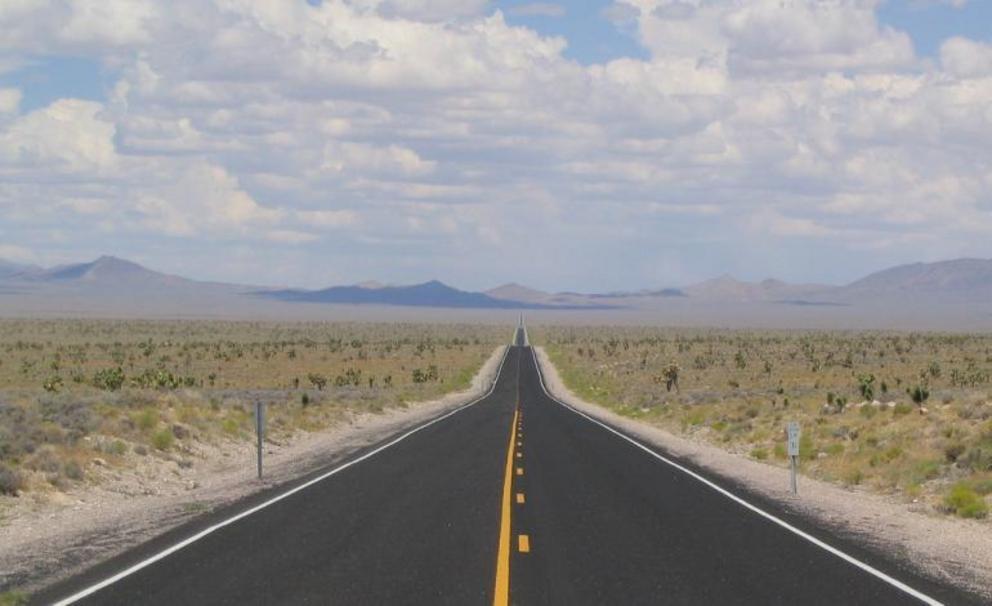The diversity of parasociology
There are many disciplines or fields of study in the unknown and unexplained. Each one specializes and focuses on specific categories and topics within their own areas of expertise. Although certain fields may interact with each other at times, it’s not always a commonality. For example, cryptozoologists don’t generally hunt ghosts, demonologists don’t usually skywatch for UFO’s, archaeologists don’t usually conduct séances, and parapsychologists don’t perform exorcisms, etc.…
However, there is one field which can interact with every other field in the unexplained equally. This would be parasociology. Since many are not aware of this unique field of research, let’s first define what exactly parasociology is.
Parasociology is a branch of paranormal research dedicated to examining how paranormal manifestations, activity, or events can affect a family unit, collective, or group. A group being a number of people who identify and interact with one another. Parasociology also studies how different cultures on the planet practice spirituality.
So, what makes parasociology so diverse and why does it interact with every other field of unexplained study equally? This is because no matter what field of research in the unknown we are talking about, they all have social implications. Parasociology can look at each type of paranormally perceived experience and how it affects a group, family unit, or society in general.
Even though parasociologists are actually a rarer breed, we are personally aware of different parasociologists who focus their attentions on different disciplines. For example, one specializes in studying the parasociological aspects in ufology, another one looks at the parasociological aspects in theology, yet another studies the parasociological aspects in metaphysics, and still another examines the parasociological implications in cryptozoology. Not to say they don’t study the parasociological implications in other disciplines as well, but these are their primary topics of interest.
In fact, every field in the paranormal has parasociological implications, not just those four just mentioned. Parasociology can apply to all of the categories we find in the unknown and unexplained. And when one looks a little deeper into parasociology, we can also divide the groups for individual study.
One group is society in general. Such an example would be how pop culture can affect our perceptions of different paranormal occurrences. We have what people truly experience opposed to what movies and media tells us is out there, and how they can conflict with each other. This is something that we as investigators take in to account any time we interview a potential witness.
Another group is the family unit. The parasociological angle will look at how paranormal events can influence the family unit, and the impact that in turn has on each other. Parasociologists who work paranormal family cases will take into consideration how that affects the mental health, not just of individuals, but the entire family unit as well. Psychologists, psychotherapists, and paranormal investigators who are experienced and work these kind of cases usually understand this as well, and incorporate this into their investigation through interview sessions, whether they are conscious they are applying parasociological angles or not.
Another group, many times even overlooked by parasociologists who study social implications in the paranormal are the paranormal societies or organizations themselves which do the investigating and research. For example, we can see how paranormal television shows can influence how some paranormal teams may conduct their investigations as a group. Also affected are how they deal with the witnesses or property owners who experience paranormal activity, or even the entities. Individuals are influenced by social presence and the actions of any group they associate with. And because cable shows can be filled with dis-information, this can take those parasociological perspectives in various directions.
The field of parasociology is starting to take hold thanks to sociologists who understand that paranormal events of any kind can and do affect groups of people, thus they wish to study those implications. Many parasociologists use parapsychology as their base, and work off that premise, which is understandable. But that doesn’t limit parasociology to parapsychology. In fact, it enhances it.
The possibilities within parasociology are certainly quite vast. One could study the implications in any one field for years, and there are many fields. Eventually we will see research into some of these disciplines which we have yet to see any large amount of good case study concerning parasociology in other disciplines as the field grows. One may need a degree in sociology to be a parasociologist, but one doesn’t need a degree to appreciate and benefit from this newer branch of paranormal research.
If one wants more information on parasociology, you can do an on-line search by typing in the name or go to the Facebook like page Parasociology for articles, links, and other information on the subject. Best wishes.

